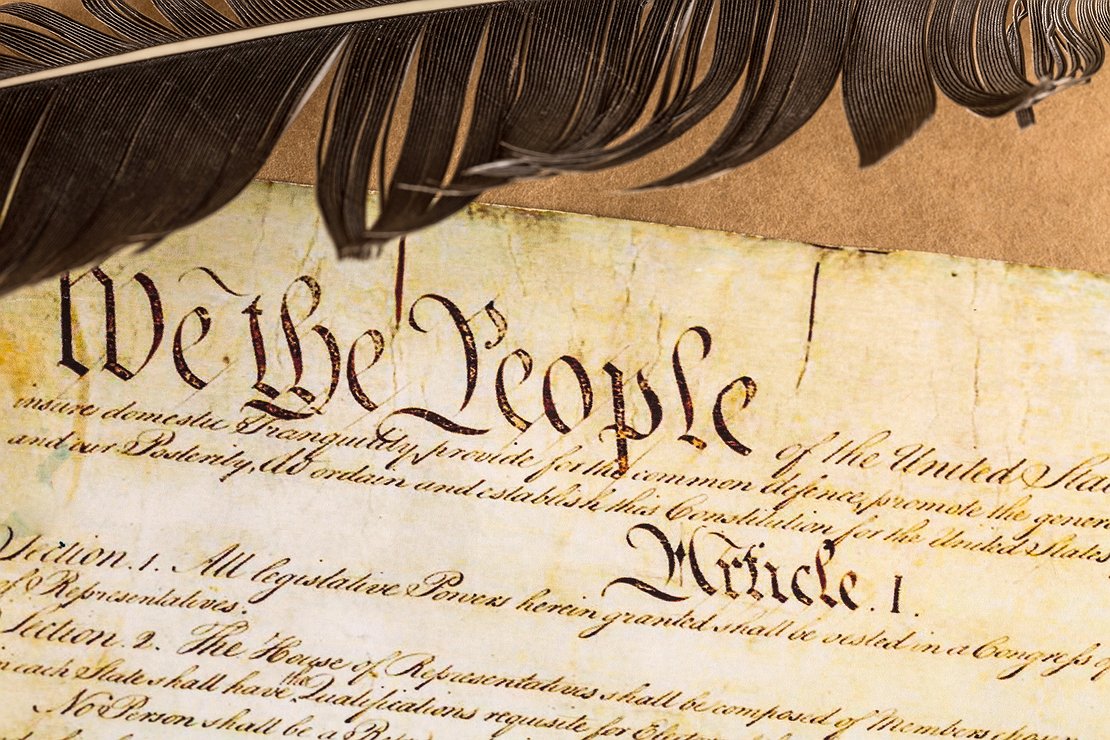
Book review:Just Not State!
A body of thought which claims to have the most far-reaching consequences, such as that of the Austrian School of Economics and Ethics, requires foundations that are as solid as possible. Peter J. Preusse, a newcomer to philosophy, has written a book, now also available in English, in which he expressly attempts to isolate the inner logical structure of Austrianism and present something that has probably not been attempted before, despite the explicit claim of Austrianism to be an axiomatic-deductive system. Preusse, who is German, reconciles the claims of final justification from the fact of Ludwig von Mises’ concept of action and from Hans-Hermann Hoppe’s a priori of argumentation and then expands Austrian theory by introducing the axiom of human rank, which conceptually determines the hitherto neglected element of equality among humans.
Unfortunately, there is continued confusion especially around the basic terms ‘ethics’ and ‘morality,’ which are important for social philosophy. Preusse clearly separates the spheres of a group-related code of conduct on the one hand and, on the other, the property norm as the only possible interpersonal conflict avoidance strategy in view of scarcity. In general, and also in specialist, language, both spheres are described sometimes as ethics, sometimes as morals. Following Schopenhauer, Preusse makes the distinction between ‘harm nobody’ as the core of ethics, namely as an expression of the ethics of duty or law on the one hand, and the aspiration ‘give help to the best of one's ability’ as ethics of love or rather morality, which has a limited scope and discriminatory power. In addition, there is cognitive ethics: ‘Consecrating life to truth.’
Preusse shows that there is a fundamental difference between alienable and inalienable property, i.e. of goods and contractual rights on the one hand, and of one's own lifetime and freedom of will on the other. From this difference it follows that a private law society, a society constituted without a state, must find a way to deal with conflicts in the area of self-ownership. Laudably, the author presents the reader with a draft constitution that attempts to tackle these conflicts. An almost practical political result at the end of an otherwise rather theoretical work.




